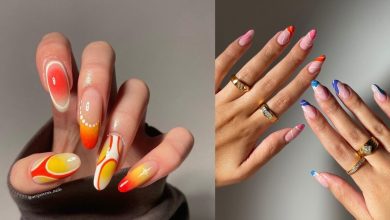Understanding beauty product labels: What ‘clean,’ ‘vegan,’ and ‘cruelty-free’ mean?
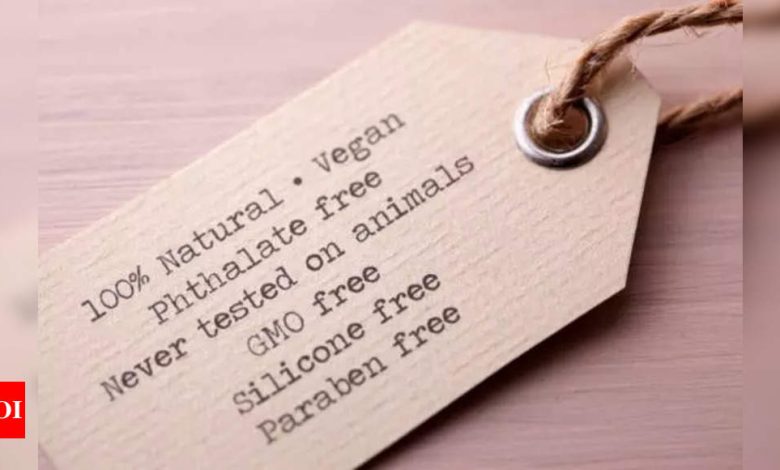
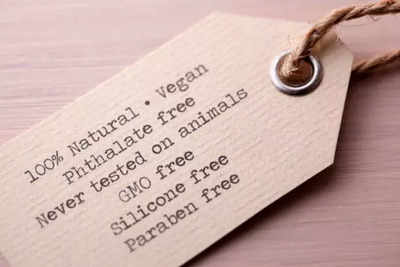
In the last few years, the beauty business has seen a dramatic change in consumer desires. The modern buyer does not want only products which deliver but is slowly moving towards the ethics, safety, and sustainability of the products they are buying. Terms like ‘clean,’ ‘vegan,’ and ‘cruelty-free’ are now commonly used and often seen in bold on labels.These terms hold promises of certain values and benefits, but still, most consumers remain ambiguous about the meanings behind them.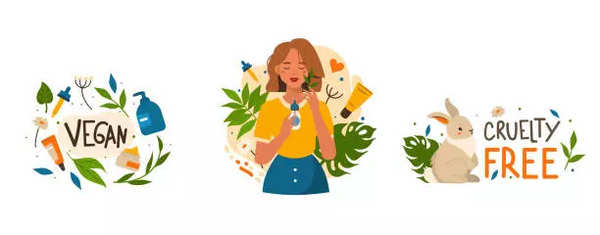
Let’s dig into the meanings of these terms, importance of understanding beauty product labels, and how the rise of these concepts is reshaping the beauty industry. We will also explore the growing market for cruelty-free beauty products in India and why it is high time for consumers to shift over to such options as a part of their healthy, ethical, and environmentally friendly choices.
The evolution of conscious consumerism
Today’s beauty industry is under immense scrutiny. With more consumers demanding transparency, companies are being pushed to align their products with values such as sustainability, ethical sourcing, and animal welfare. As Mr. Mihir Jain, Sales and Marketing Director of Insight Cosmetics, aptly explains, “Terms like ‘vegan,’ ‘cruelty-free,’ and ‘toxic-free’ have become prominent in the beauty industry, but it’s important for consumers to fully understand what these labels represent.”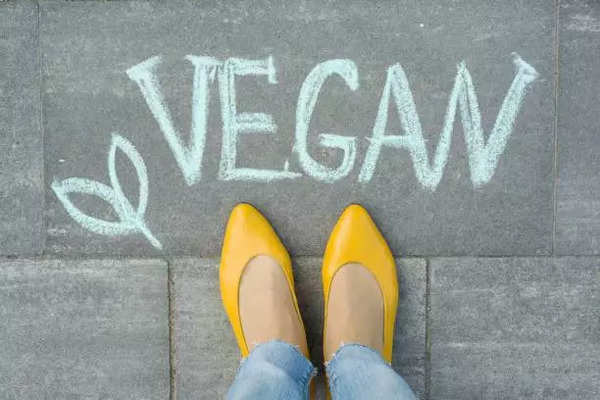
In response to these demands, the beauty industry has made significant changes, evolving into a space that values conscious consumerism. ‘Clean,’ ‘vegan,’ and ‘cruelty-free’ have become buzzwords that reflect a commitment to safety, ethics, and efficacy. These labels are more than just marketing tactics; they represent a shift towards greater integrity and care in the beauty industry.
What does ‘clean’ beauty really mean?
The term ‘clean’ is widely used but lacks a standardized definition, making it difficult for consumers to know what to expect. Generally, ‘clean beauty’ refers to products that are free from harmful chemicals such as parabens, sulfates, phthalates, and other potentially irritating ingredients. The focus is on ingredients that are gentle on the skin, safe to use, and promote skin health without causing long-term damage or irritation.
Vegan cosmetics: What makes them different?
How to have a sustainable beauty routine?
Niharika Jhunjhunwala, the Founder and CEO of ClayCo, explains, “The skincare industry is witnessing a profound shift, with consumers prioritizing products that combine efficacy, sustainability, and transparency.” Clean beauty products tend to emphasize non-toxic, safe ingredients that are effective in promoting skin health. While there are no strict regulatory guidelines that govern the term ‘clean,’ it is often associated with a commitment to transparency and safety in formulation. 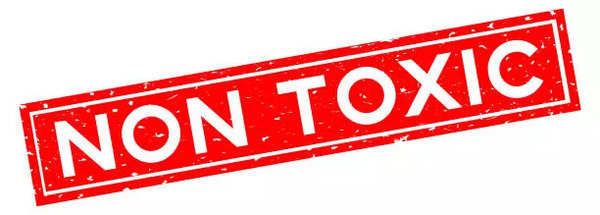
Despite its widespread use, it is crucial for consumers to read ingredient lists carefully, as not all products marketed as ‘clean’ are truly free from harmful chemicals. It’s important to combine due diligence with the labels when making purchasing decisions.
Understanding vegan beauty products
The term ‘vegan’ is another increasingly popular label in the beauty industry, reflecting the demand for more ethical and sustainable products. In the context of beauty products, ‘vegan’ means that the product contains no ingredients derived from animals. Vegan beauty products do not include substances like beeswax, collagen, lanolin, or other animal-based ingredients commonly found in non-vegan beauty products.
While vegan products eliminate animal-derived ingredients, they don’t necessarily guarantee that the product is cruelty-free. As Pooja Nagdev, a cosmetologist and aromatherapist, points out, “A vegan product avoids animal-derived ingredients like beeswax, collagen, and lanolin, but it might still not be cruelty-free if animal testing was involved.” For consumers looking for both ethical sourcing and non-animal testing, it’s important to look for both vegan and cruelty-free labels.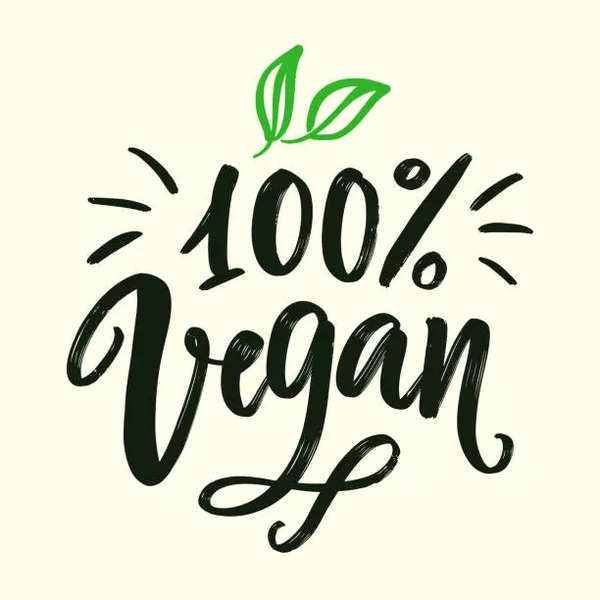
Choosing vegan beauty products is not just a matter of ethics but also one of environmental responsibility. Plant-based ingredients often have a smaller carbon footprint than their animal-derived counterparts, making vegan beauty a more sustainable choice. Vegan products also tend to be free of harmful chemicals, and many are formulated with organic, plant-based ingredients that offer nourishment to the skin.
Cruelty-free: A step towards humane beauty practices
The cruelty-free label has been one of the most transformative concepts in the beauty industry. This label assures consumers that no animal testing was involved in any part of the product’s development process. As Dr. Aanchal Panth explains, “If labeled cruelty-free, it means that animal testing hasn’t been done on the product, although some ingredients might still undergo testing in clinical trials.” Many reputable cruelty-free organizations, such as PETA and Leaping Bunny, certify brands that uphold this commitment to non-animal testing.
Animal testing has long been a contentious issue in the beauty industry, with many brands once using inhumane methods to assess the safety of their products. The good news is that cruelty-free alternatives now exist, with many brands shifting to non-animal testing methods such as in vitro (test tube) testing or using advanced synthetic skin models that mimic human skin.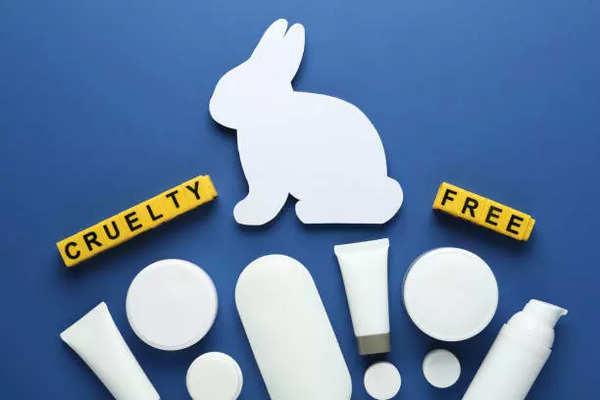
The cruelty-free movement is not just about ethics; it’s also about consumer trust. As more and more consumers become aware of the ethical implications of animal testing, brands are feeling the pressure to adopt more humane practices. In fact, many consumers now prioritize cruelty-free products, with brands responding by embracing more ethical methods of testing and sourcing ingredients.
The growing market for cruelty-free beauty products in India
In recent years, the Indian market for cruelty-free beauty products has witnessed significant growth. Consumers are increasingly choosing beauty products that are not only effective but also align with their ethical values. The rise of cruelty-free beauty in India can be attributed to a combination of factors, including greater awareness of animal rights, increased access to international beauty brands, and a growing interest in sustainable and ethical living.
Industry data shows that cruelty-free beauty products are becoming a major segment in India’s rapidly growing beauty market. According to a report by Euromonitor, the Indian beauty and personal care market is expected to reach a value of INR 1.03 trillion by 2025, with a significant portion of that growth driven by ethical and eco-conscious beauty products. Consumers in India, especially millennials and Gen Z, are more inclined to purchase beauty products that reflect their values, leading to a surge in the popularity of cruelty-free and vegan beauty brands.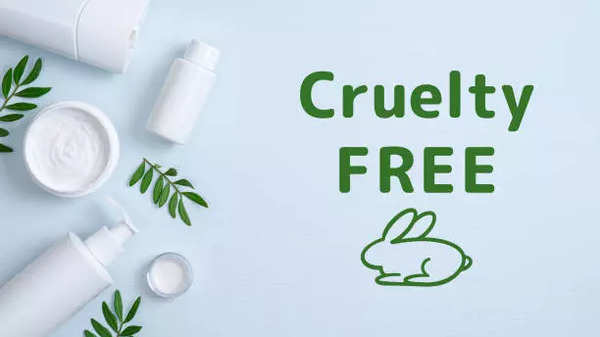
This growing demand for cruelty-free beauty products has led to a shift in the local beauty industry, with many brands now offering vegan and cruelty-free alternatives. As the Indian market continues to evolve, we can expect an even greater emphasis on sustainability, ethical sourcing, and transparent labeling.
Why it’s time to switch to clean, vegan, and cruelty-free products
The movement towards clean, vegan, and cruelty-free beauty products is more than just a passing trend—it’s a necessary shift in the way we approach beauty and self-care. Here are some key reasons why it’s time to make the switch:
Protecting your skin and health
Clean beauty products are formulated with non-toxic ingredients that are less likely to irritate the skin or cause long-term harm. By choosing clean, vegan, and cruelty-free products, you’re prioritizing your skin’s health and wellbeing. Many conventional beauty products contain harsh chemicals that can disrupt the skin’s natural balance, leading to problems like acne, irritation, and premature aging.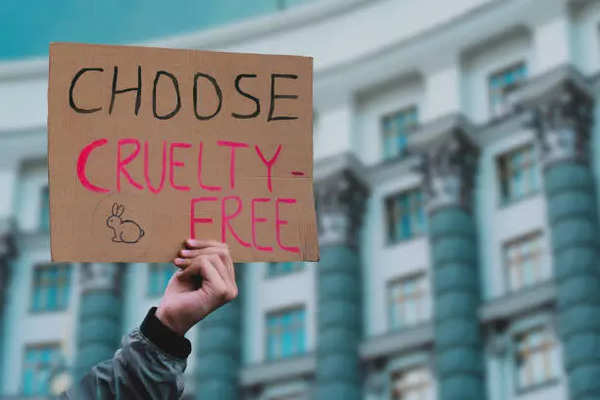
Supporting ethical practices
By purchasing cruelty-free and vegan products, you’re supporting brands that prioritize ethical sourcing and production methods. These brands are committed to creating products that are not tested on animals and that don’t contain harmful animal-derived ingredients. This is an important step towards ensuring that the beauty industry is more humane and responsible.
Contributing to a sustainable future
The environmental impact of the beauty industry is significant, with many conventional products contributing to pollution, waste, and unsustainable farming practices. Clean and vegan beauty products often use sustainably sourced ingredients and eco-friendly packaging, helping to reduce the environmental footprint of beauty products.
Meeting growing consumer demand
As consumers become more aware of the ethical and environmental implications of their choices, the demand for clean, vegan, and cruelty-free beauty products will only continue to grow. Brands that embrace these values are likely to see increased consumer loyalty and trust, leading to long-term success in the market.
Understanding beauty product labels is more important than ever in today’s conscious consumer landscape. Terms like ‘clean,’ ‘vegan,’ and ‘cruelty-free’ are not just marketing buzzwords – they represent a commitment to safety, ethics, and sustainability in the beauty industry. As the demand for ethical and transparent products continues to grow, it’s clear that the future of beauty lies in products that prioritise both the health of the consumer and the planet. By switching to clean, vegan, and cruelty-free products, you are not only enhancing your beauty routine but also contributing to a more ethical, sustainable, and compassionate world.
Source: times of india
Related Posts
- 5 foods you must have if want Korean Glass Skin
- I Asked the Coolest People I Know: What Makes an It-Girl Lip Balm?
- 7 hairstyles for women popular in 2025 weddings
- 12 Coconut Perfumes That Smell Like an Expensive Vacation (and Not Sunscreen)
- The 6 Hats Everyone Will Be Wearing Instead of Bucket Hats This Summer





